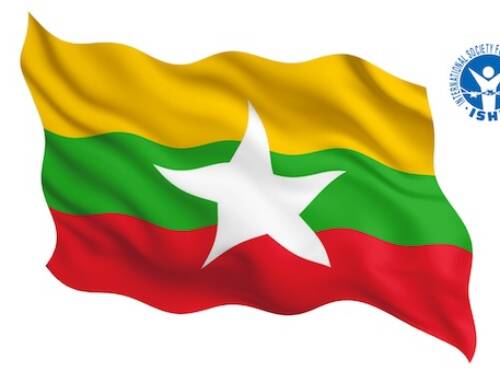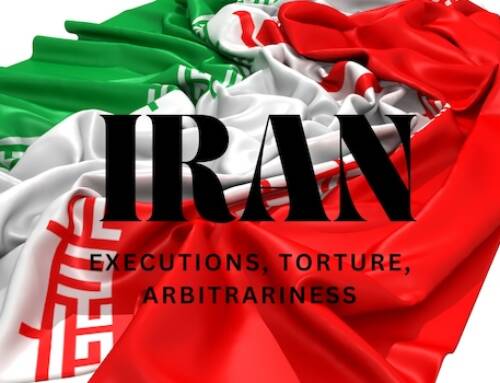Kenya

Restoring the dignity of the elderly at Korogocho slums
Nairobi is home to several informal settlements, popularly known as slums. One of the poorest of them all is called Korogocho. With a population of over 200,000 people crammed in 0.6 square miles, it is also among the most densely populated.
In Korogocho, as in many slum areas in Kenya, basic amenities like running water, a working sewerage system, electricity, and roads are not available. Most households have to purchase water from vendors, whose source is not guaranteed to be safe, or from a nearby river, which is heavily contaminated with industrial waste from manufacturing plants and also used as a toilet by residents. For sewer services, those who can afford a shallow pit latrine have to hire young men to empty out the waste when it becomes full into metal drums, which are then dumped into the flowing river.
Of the over 200,000 people who live in Korogocho, there is a growing number of them aged over 70 years who have to live in these deplorable conditions. Due to age, these older Kenyans cannot work for a living to afford food or decent housing. Many of them live in mud houses that are either on the verge of collapse, have gaping holes on their walls or lack roofing. In many instances, plastic paper sheets are used as roofing material. Many of these elderly people live with their young grandchildren who have been left in their care due to the deaths of their mothers from AIDS contracted by their clients as one of the main economic activities in Korogocho is prostitution.
The ISHR-Kenya chapter has partnered with a local community-based organization, Restoring Dignity-Korogocho, to identify elderly individuals in need of housing. As volunteers, they aim to rebuild their houses using high-quality iron sheets, dig latrines for them, and provide decent furniture. The recipients are temporarily housed in a shelter during the rebuilding process. This project is made possible through donations from well-wishers, friends, and families of ISHR volunteer human rights defenders.
The process of resettlement is understandably slow due to limited resources. The cost of building each house ranges from 3,000 to 5,000 Euros, depending on the number of occupants and the size of the land available. To alleviate food scarcity, the program has partnered with a local hotel to provide one meal a day at a small fee. The lack of resources can be attributed to the Kenyan public’s limited culture of donating to human rights organizations.
ISHR-Kenya will continue to offer its support to the elderly of Korogocho and hopes to appeal to more well-wishers locally and abroad to donate for this worthy cause.
Wanjeri Nderu
President ISHR Kenya





